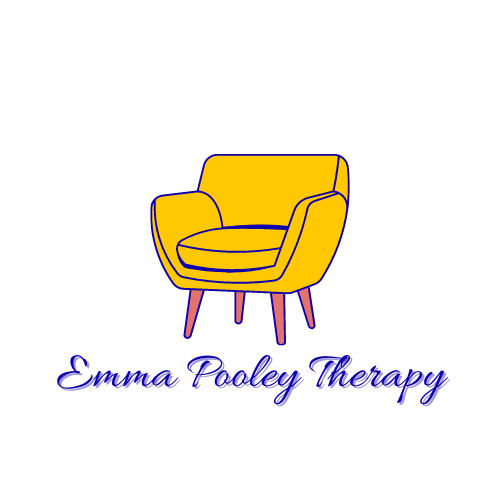Do Therapists Have Therapy?
People are sometimes surprised to learn that many therapists have, or have had, therapy themselves. I make no secret of the fact that I am a therapist who has therapy, and in this post, I will: explain why some therapists have therapy; the requirements around having personal therapy as a therapist, and highlight some of the benefits of working with a therapist who has, or has had, therapy themselves.
So, without further ado, let’s get into it…
Why do therapists have therapy?
Therapists often start having therapy as part of their training requirements for qualification. Each course is slightly different, and will usually set a minimum of anything from 10 hours across the duration of the training, to 40 hours per year every year for 4 full years.
Other courses do not have any requirements for therapists to have personal therapy, but it may be encouraged in order to have the experience of being a client, and to work through issues that come up in response to their client work.
Some therapists (like me!) were already having therapy before starting the therapy training. If they felt that they benefitted from the experience, they may have chosen to go on to do the training themselves as a way to be able to give other people the opportunity to have similar support.
Given that therapists are human first, it’s important to remember that we’re carrying our own shit around that we need to work through from time to time, and having our own therapy enables us to do this.
Is there any legal requirement for therapists to have therapy themselves?
In a word, no - at least, not in the UK. The generic titles ‘Counsellor’ and ‘Psychotherapist’ are not protected here, which means that technically, anyone can use them, even without any formal training, supervision or experience of personal therapy. If you’d like to learn more about this, you can read my post with tips for finding a therapist here.
This may come as a shock if you live in a country where therapy is heavily regulated, such as the US, as the rules in these countries are very different. For example, each US state will license its own therapists, and they can stipulate the requirements that need to be met in order to obtain licensure, including personal therapy hours. It’s common for therapists in the US to have to have 1000s of hours of personal therapy as part of their license requirements.
What are the benefits of working with a therapist who has / has had their own personal therapy?
One of the key reasons why clients say they particularly wanted to work with me is because I’m open about having therapy myself. They often feel that I would understand what it’s like to be in their position better than a therapist who hasn’t had therapy themselves.
Not every therapist will share whether or not they have / have had therapy themselves, but my decision to do so comes from a belief that it would be unfair and unreasonable for me to expect my clients to open up about their vulnerabilities with me if I haven’t experienced the process of doing this myself.
Therapists who have their own therapy have a dedicated space (in addition to supervision) to work through any issues that come up for them in their client work, especially if they identify a parallel process that’s playing out. In a therapeutic context, a parallel process refers to the idea that we can (usually unconsciously) repeat patterns of behaviour and communication from the past in the here-and-now, and also that therapists may be experiencing the same situation(s) as their clients in real time.
Covid is a useful example of this: for the first time in living memory, every therapist was in the unusual situation of experiencing an unavoidable parallel process alongside their clients. Even if the specific nature of each individual’s circumstances was different, the impact of lockdowns, media reports, and a very real threat to life took its toll on everyone.
By having our own therapy, we reduce the chances of projecting our own “stuff” onto our clients, which is likely to get in the way and result in us missing the client. Ultimately, a client is coming to therapy to work through whatever is going on for them, and it’s our job as therapists to support them to do this, without making it about us.
Having personal therapy as a therapist is a bit like going to the gym: rather than only going when things have spiralled out of control, by going regularly we are able to maintain our own mental health, which builds our resilience and enables us to be emotionally available for our clients.
I hope that this post has given you a useful insight into why therapists often have therapy, as well as highlighting some of the benefits of working with a therapist who has / has had therapy themselves.
As ever, if you’re struggling with your mental health and think I might be the therapist for you, feel free to get in touch with me and let’s see if we can work together. You can contact me using the form below, via email to emma@emmapooleytherapy.com, or connect with me on Facebook and Instagram @emmapooleytherapy.
